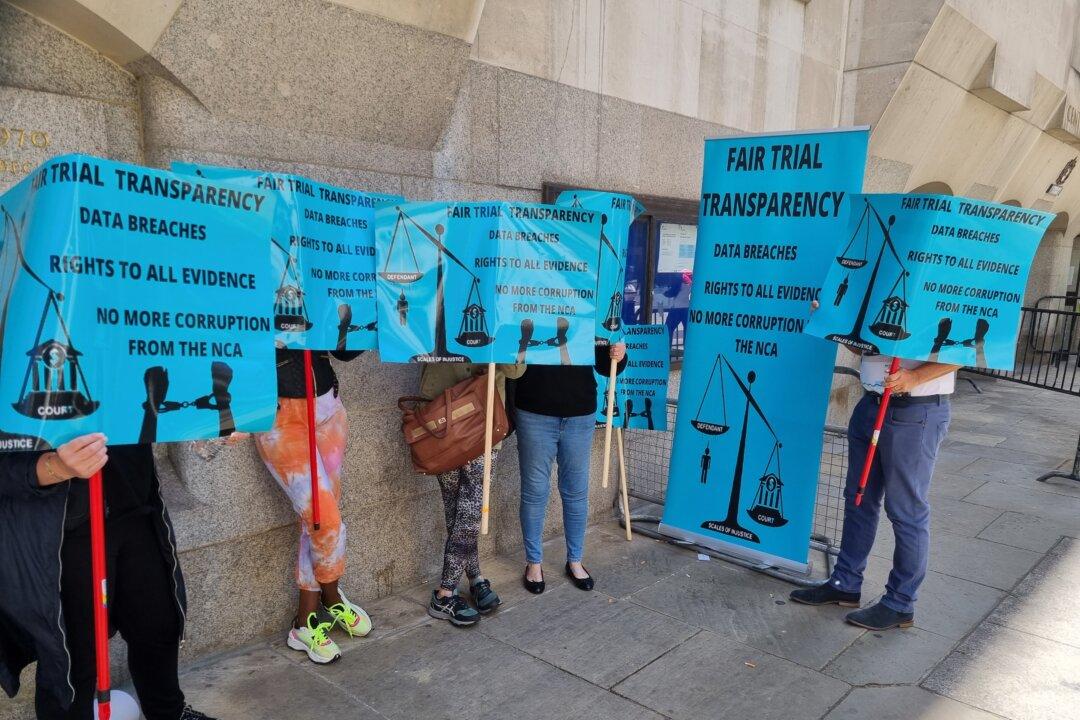Three judges have rejected an appeal against the way the National Crime Agency (NCA) obtained a warrant to use data from a hack of an encrypted phone network.
In its ruling, the Investigatory Powers Tribunal (IPT), led by Mr. Justice Edis, declared the warrant was “lawfully issued” and said, “It is declared that the respondent [the NCA] did not fail to discharge its duty of candour and did not mislead the judicial commissioner [Sir Brian Leveson] when it sought approval of the warrant from the judicial commissioner.”





